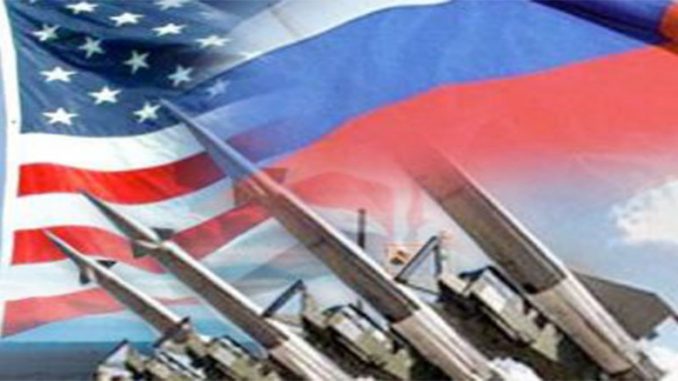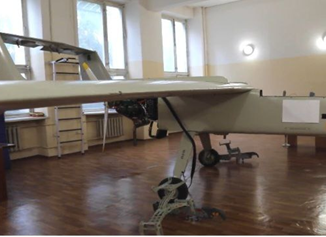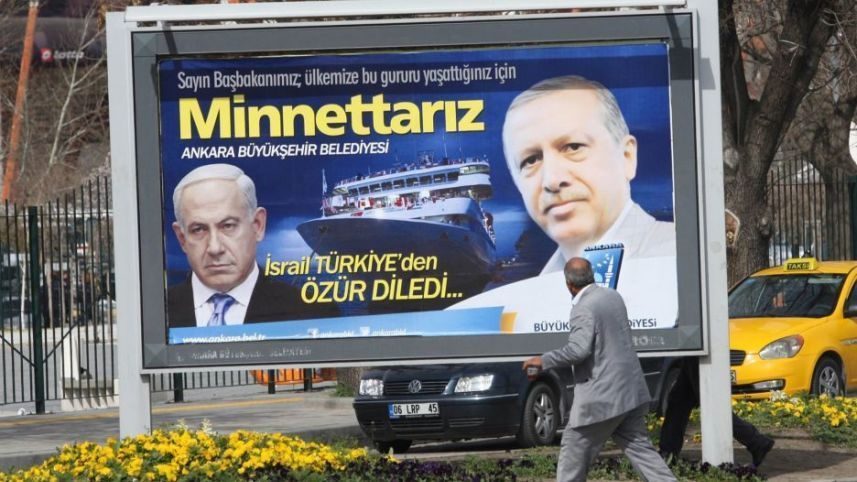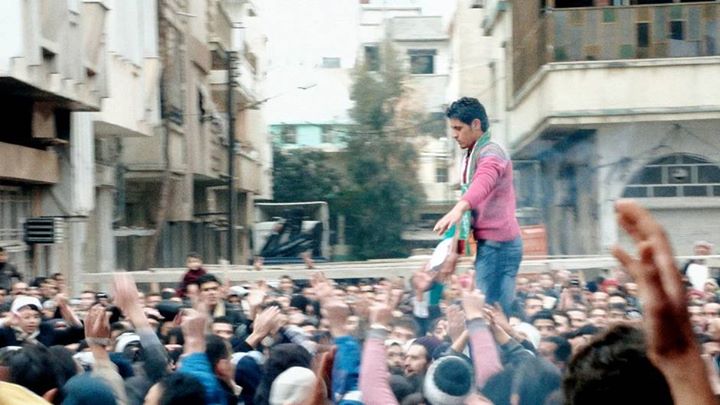
 BY: BERIL DEDEOĞLU*
BY: BERIL DEDEOĞLU*
To prevent another cold war from appearing in the near future, the two superpowers of the U.S. and Russia need to stop disputing each other’s policies on Iran
Rouhani was re-elected, mainly because he is the president who managed to reach a deal with the international community over Iran’s nuclear program. The deal has allowed Iran to get rid of some international sanctions. The Iranian people were mainly satisfied with the deal, despite the concessions given on the nuclear program, because Iranians want to see the sanctions lifted after years of their negative impact. The problem is the U.S. has a new president now, and he wants to maintain, and even aggravate, the sanctions. The reason he gives is Iran’s supposed sponsorship of international terrorism.
It is interesting that the U.S., which supports the PKK and its Syrian affiliate Democratic Union Party (PYD) and its People’s Protection Units (YPG) militia by supplying heavy weapons, may still accuse other countries of sponsoring terrorism. Maybe for the U.S., some terrorist groups ought to be supported, but others not, or maybe the sanctions imposed on Iran have nothing to do with terrorism.
Under these circumstances, how can one expect Rouhani to pursue his policy of rapprochement with the West? Maybe that is exactly why the U.S. is adopting this more rigid position against Iran: It simply does not want Iran to alter its traditional, anti-Western policy line.
Iran is thus expected to remain beside Russia, which will probably not refuse the position. The problem is, as long as Iran remains closer to Russia, the latter will be seen as responsible for all of Iran’s international and regional actions. Moreover, if Iran is pushed toward Russia, other countries in the region will feel the need to get closer to the U.S.
Rouhani was furious during his inauguration ceremony and he criticized the U.S. with very harsh words, for example, by saying that the U.S. is violating international agreements. One may understand why Rouhani is furious. Nevertheless, it is almost impossible for him to reverse a scenario expounded by both the U.S. and Russia.
The two great powers seem to have adopted a policy of controlled tension in order to forge a post-modern Cold War. A Cold War ambiance will only reinforce Russian President Vladimir Putin and U.S. President Donald Trump’s positions on domestic policy, so it is understandable for them to try to resuscitate the Cold War. In such an environment, China will probably play the role of holding the balance between the two.
Under an international system whose rules are determined by these three great powers, regional powers such as Iran, Turkey, Israel, Saudi Arabia, India or Brazil will have to make some concrete choices. If they hesitate, and it is obvious that they will, one way or another, they will be pushed by the system’s dominant powers to make those choices. It is therefore not a coincidence that Turkey is being tested by the PYD and YPG, Saudi Arabia and Qatar, and Iran by the threat of renewed sanctions.
Everything would be clearer if there was, indeed, a cold war between the U.S. and Russia, but there is only a simulation of a cold war between them, at least for now. If this simulation turns into a real cold war, its consequences will immediately be seen in Europe. In fact, Europe is greatly suffering from the present controlled tension between the U.S. and Russia.
*Beril Dedeoğlu, born in 1961, is a Turkish academic who served as the Minister of European Union Affairs in the interim election government led by Prime Minister Ahmet Davutoğlu between 22 September and 17 November 2015. (Published in Daily Sabah on August 8, 2017)



